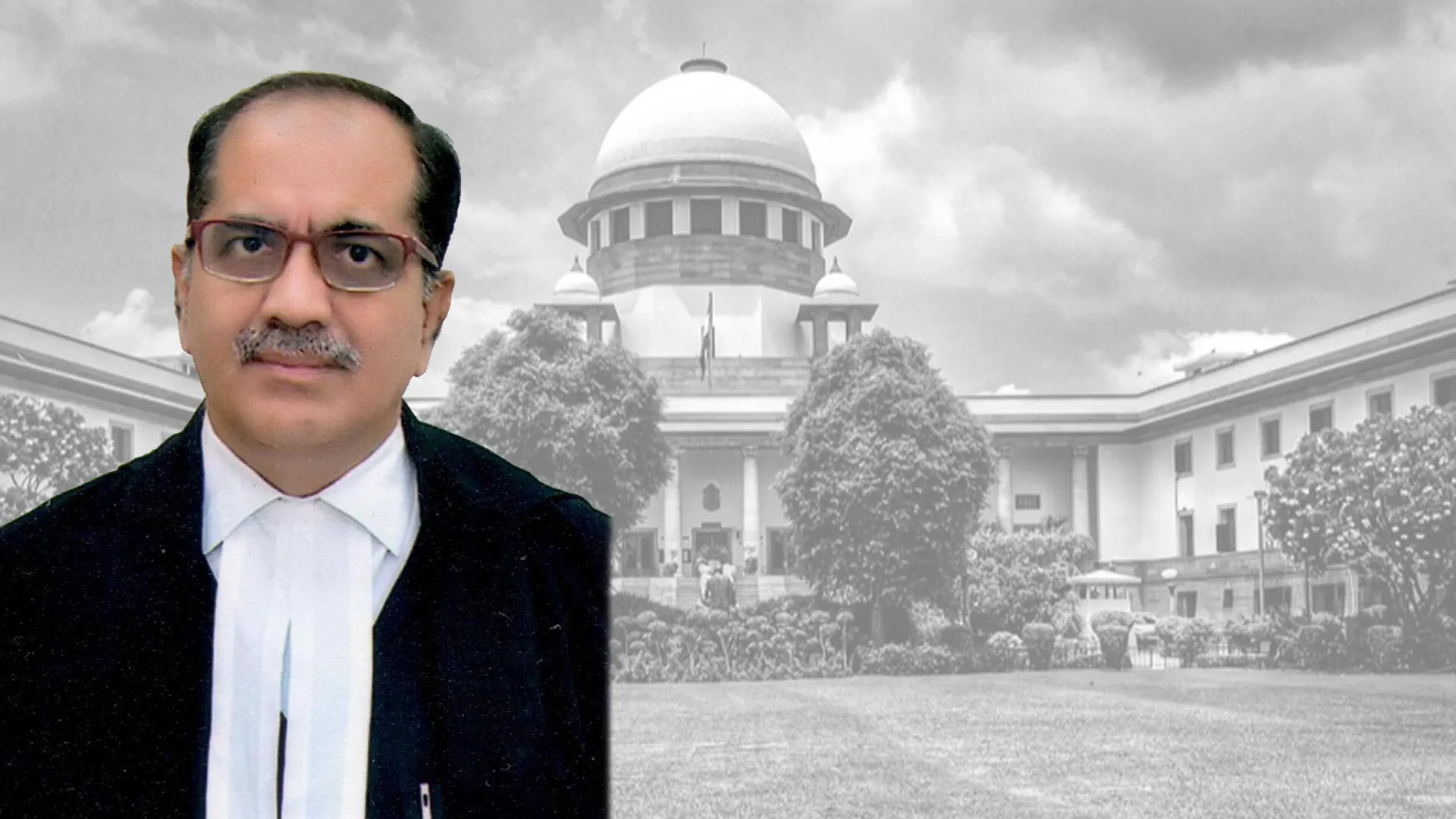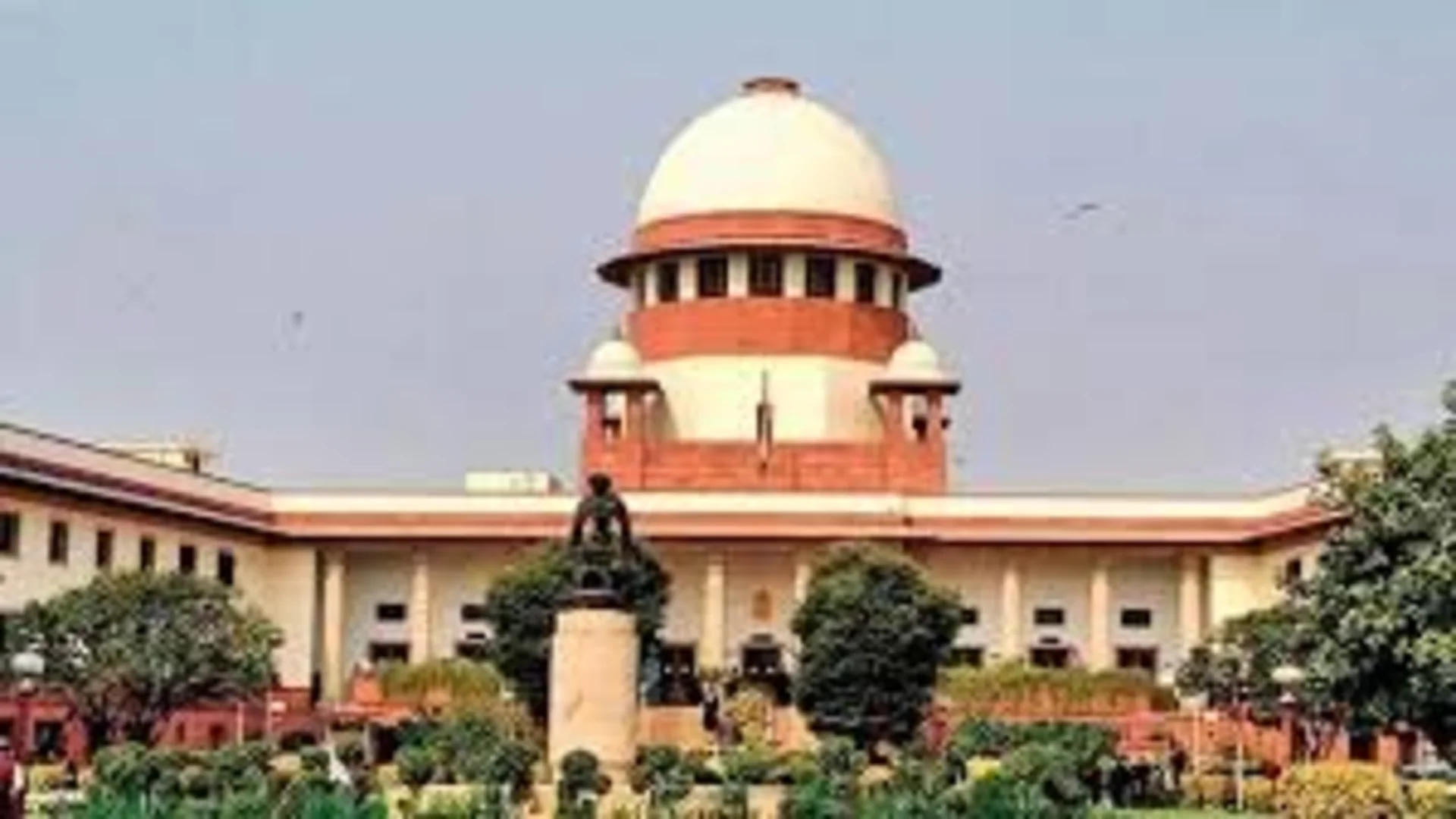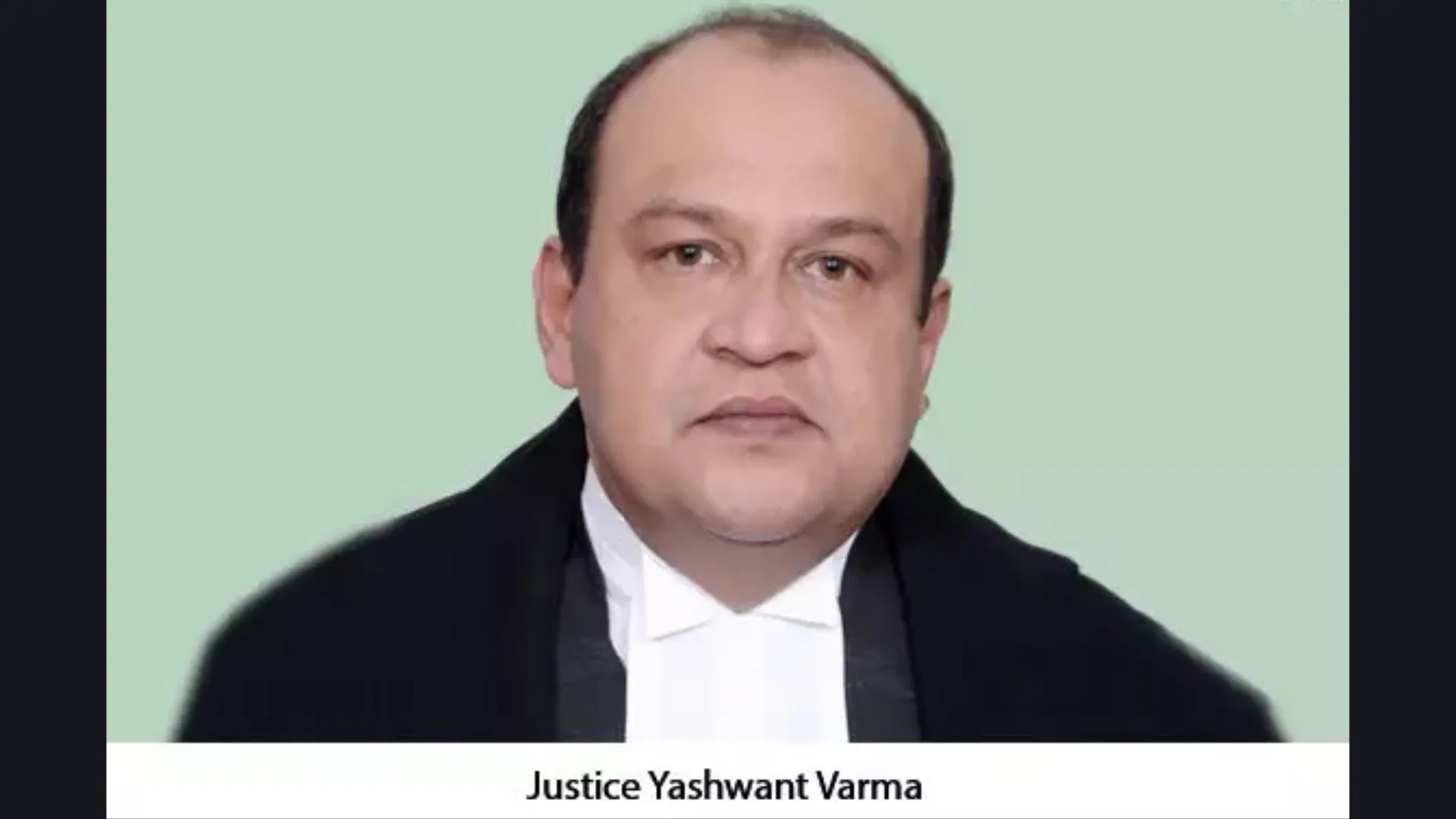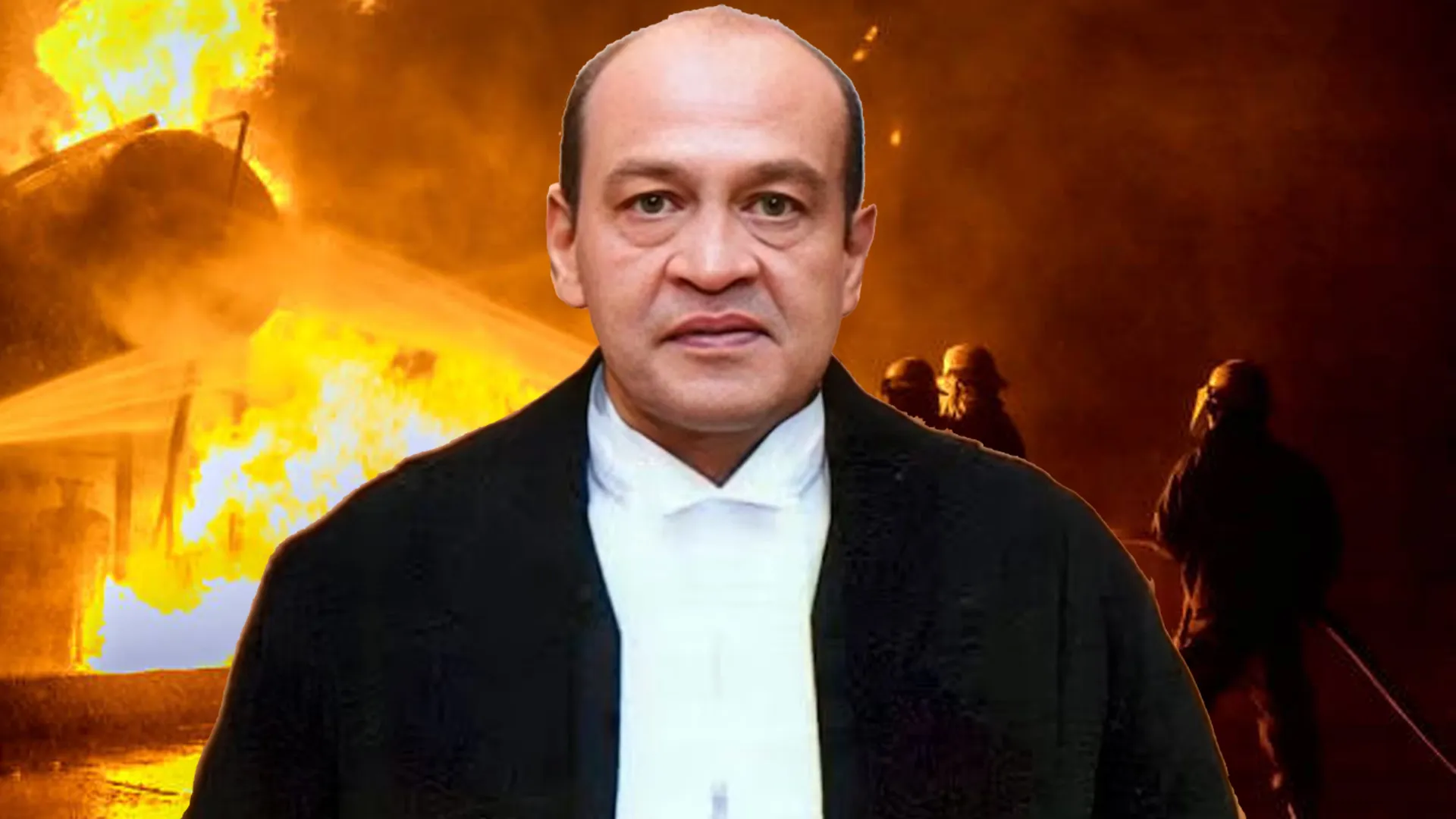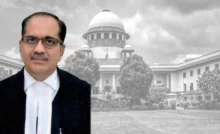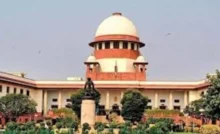The Supreme Court in the Case Ravinder Singh @ Kaku vs State of Punjab observed that the oral evidence in the place of such certificate cannot possibly suffice, to produce electronic evidence the certificate under Section 65B (4) of Evidence Act is mandatory.
The argument raised by the respondents were that the call details produced relating to the phone used by A1 and A2 have established that they shared an intimate relationship and that this relationship became the root cause of offence is also unworthy of acceptance. Additionally, it was observed by the bench A2 does not conclusively establish the guilt of A2 in committing the murder of the deceased children the arrest of the accused, the recovery of material objects and the call details produced, do not conclusively complete the chain of evidence and do not establish the fact that A2 committed the murder of the children of PW5 as per the last seen theory, the court observed while holding the circumstantial evidence against the present appellant.
In the above-mentioned case accused approached the Apex court challenging the judgment of High Court, an appeal was filed by two accused and the High Court acquitted them and the conviction of one accused was upheld and though the death sentence was set aside.
Thereafter the Trial Court convicted three accused in a kidnap cum murder case and sentenced them to death. under section 65A and 65B of the Indian Evidence Act, whether the call records produced by the prosecution would be admissible or not was an issue raised before the Apex Court.
solely on such circumstantial evidence, it is impossible the bench further noted that that the conviction of the appellant-accused is marred with inconsistencies and contradictions by referring to the evidence on record.
the bench comprising of Justice Uday Umesh Lalit and the justice Vineet Saran observed he the Oral evidence in the place of such certificate, as is the case in the present matter, cannot possibly suffice as Section 65B (4) is a mandatory requirement of the law. in accordance with the statute and should have complied with the certification requirement, for it to be admissible in the court of law, electronic evidence should have been proposed before the High Court. The bench also referred to the judgement in the case Arjun Panditrao Khotkar vs Kailash Kushanrao Gorantyal.



